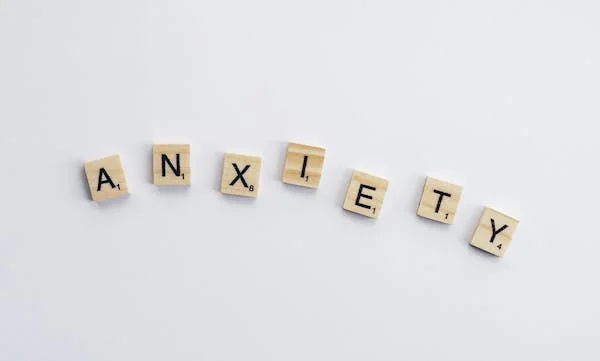Greetings and salutations to all on this amazing exploration of mental wellness. We’ll go deeply into the topic of fundamental mental health in this article, looking at illnesses, symptoms, and strategies for preserving the best possible state of mind. Let’s learn and evolve together.

What are the symptoms and disorders of basic mental health?
Fundamental mental health:
In essence, it is the mental and physical condition that enables individuals to effectively handle life’s usual stressors, work productively, and contribute to their community. It’s similar to having a strong mental fortress that can withstand any storm in life!
Identifying Symptoms:
But how can we determine whether or not our mental health is at its best? Furthermore, the following are typical indicators to be aware of:
- Prolonged depressive or gloomy sentiments
- Significant alterations in appetite or sleep habits
- Inability to focus or make decisions
- Lack of social interactions
- Severe fluctuations in mood or agitation
Recognizing Disorders:
Let’s dive into the fascinating topic: mental health disorders. These conditions deeply affect an individual’s emotions, thoughts, and behaviors. Some of the common illnesses include:

- Depression is a depressive illness marked by enduring melancholy and diminished interest in activities.
- Anxiety is an umbrella term for various disorders involving excessive worry, fear, or nervousness.
- Manic highs and depressing lows are typical mood fluctuations associated with bipolar disorder.
- Schizophrenia is a persistent mental illness marked by delusions, hallucinations, and twisted thought patterns.
Shedding Light on the Symptoms
Now that the basics have been established, let’s take a closer look at the signs of common mental health conditions:
Depression:
Do you feel as though the world is crushing your soul? It’s possible that you are depressed! Watch out for these warning indications:
- Enduring depressive, void, or dismal sentiments
- Loss of enthusiasm for previously appreciated activities
- Alterations in weight or appetite
- Tiredness or low vitality
Uncertainty:
Are your anxieties getting out of hand? It may be anxiety ringing at your door in addition, the following are important symptoms to be aware of:
- Excessive anxiety or panic related to commonplace events
- Anxiety or a tense feeling
- Inability to focus or fall asleep
- Tense or trembling muscles
- Attacks of panic, characterized by abrupt bursts of extreme discomfort or terror
Bipolar Disorder:
Feeling like you’re riding an emotional rollercoaster? Bipolar disorder might be along for the ride! Keep an eye out for these manic and depressive symptoms: Manic symptoms: extreme highs, excessive energy, racing thoughts, and reckless behavior.

Depressive Episodes:
- Persistent sadness or emptiness
- Loss of interest in activities
- Fatigue or loss of energy
Manic Episodes:
- Increased energy or activity levels
- Racing thoughts or rapid speech
- Impulsive behavior or poor judgment
Psychosis:
Are you taking a vacation from reality? Your mind could be tricked by schizophrenia! The following symptoms are some of the hallmarks:
- Hallucinations, which include seeing unreal objects or hearing voices,
- False thoughts or delusions that are not grounded in reality
- Rambling speech or thinking
- Absence of drive or enthusiasm for routine tasks
- Social disengagement or seclusion
Frequently Asked Questions About Mental Health
FAQ 1: Is having ups and downs in one’s mental health normal?
Besides, similar to our physical health, several things, including stress, life events, and heredity, can affect our mental health. Everything is part of what it is to be human!
FAQ 2: Is it possible to cure mental health conditions?
Yes, it is true! With a mix of counseling, medication, and lifestyle modifications, many mental health conditions can be effectively controlled. The first step in healing is to seek expert assistance.
FAQ 3: How can I help a loved one who is experiencing mental health problems?
Understanding, tolerance, and empathy are beneficial! Encourage them to seek help, listen with Compassion, and reassure them that they are not alone on their journey.
In conclusion, navigating the mental health landscape
And there you have it, people: a thorough overview of mental health in general, its symptoms, and diseases! Never forget that mental health is equally as vital as physical health, so don’t be afraid to ask for help if you need it. By working together, we can eliminate the stigma associated with mental illness and open the door to a more promising and joyful future. Continue to be resilient, powerful, and radiant!



Pingback: Support of Family in Mental Health | Sharp Edge Knowledge